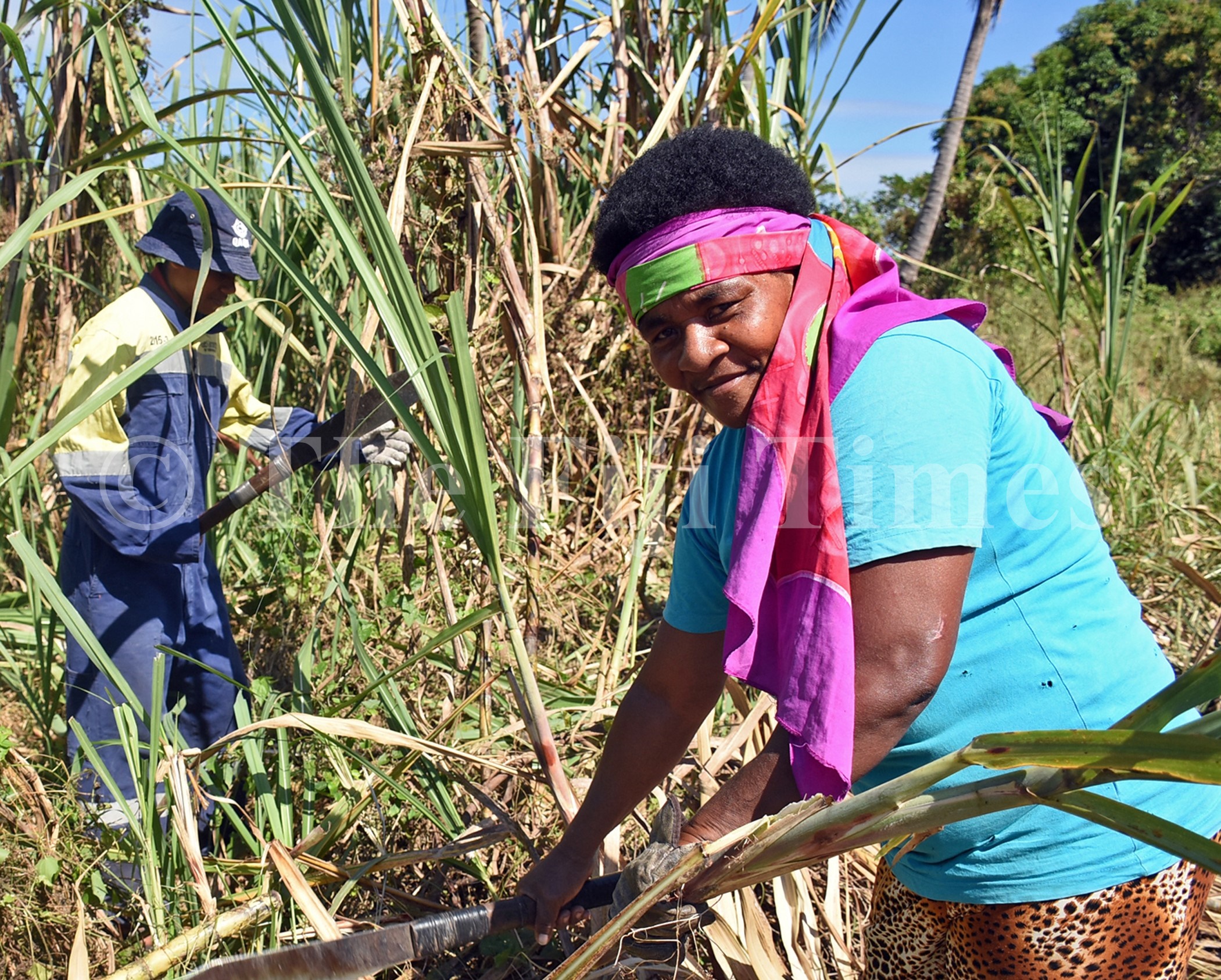A new study of Fiji’s sugar industry has revealed an ageing farming population with small land holdings, and limited income and agricultural diversification for farmers.
The research by four authors, including Suhayl Nadir and Salesh Kumar of the Fiji National University, showed that a sample of more than 900 farmers from the three main mill regions found that sugarcane farmers constituted an aging population, which was currently farming on relatively small areas of land, engaging in low levels of income and agricultural diversification.
“Low prospects of generational change in the industry have already been documented as being a factor affecting the sustainability of the industry, as the younger generation has little incentive to work on sugarcane farms and the industry has struggled with shortages,” the authors said.
“While the number of active sugarcane growers fell from over 21,000 to around 12, 000 in the period 1995 to 2020, it appears the number of farmers exiting the industry has somewhat stabilised, compared to the period where land leases commenced to expire.
“A minority of farmers sampled in the study (4 per cent) are considering abandoning the industry in the next five years.
However, an additional 17 per cent of farmers are unsure about their future in the industry, which shows that the industry is still facing challenges to provide a reliable source of income that would motivate farmers to remain engaged.”
The study showed the majority of farmers remaining in the industry planned to continue managing their farms without any plans to either expand or contract their growing areas.



